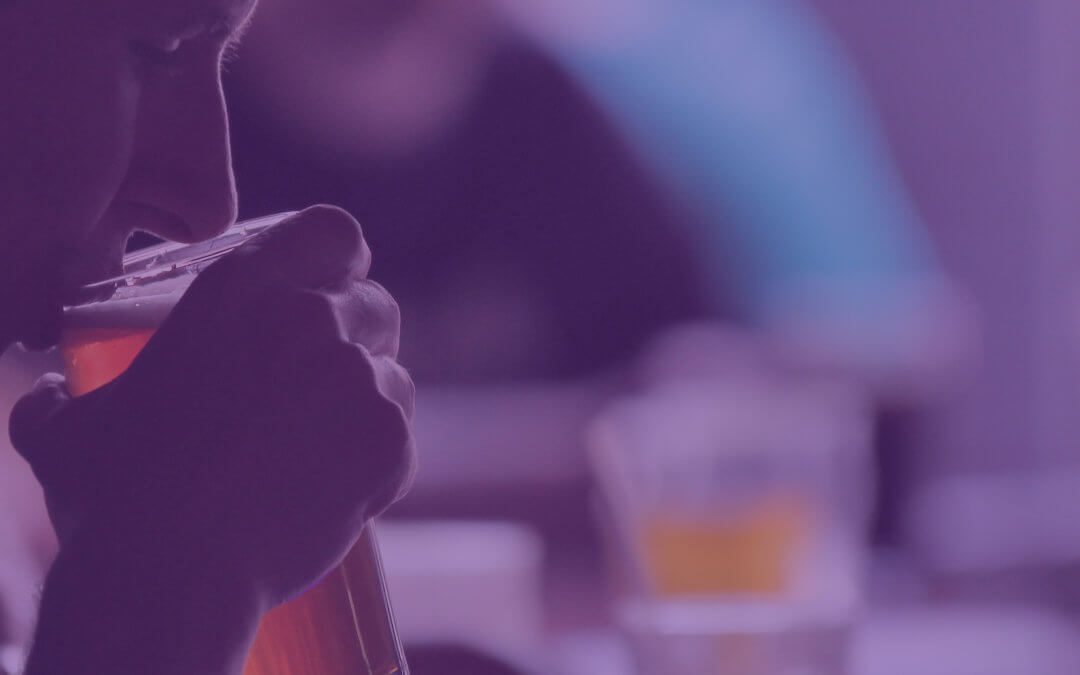All too often it’s the case that drivers stopped by the police who are suspected of drink driving fall foul of the law through ignorance. We often see cases in which police suspect someone has been drink driving when they have not been.
The police only need reasonable grounds of belief that you have been drink driving. This belief may come from as little as a single witness reporting to police that you have been drink driving. Here we explore what happens if the police suspect you of drink driving, and what you should do.
For the purposes of this post we are focusing on the situation where police pull you over when you are driving a vehicle. In some cases police suspect that you were drink driving at an earlier time – find out more about those cases in our blog here.
If the police stop you when driving
As in any circumstance, if the police suspect you of drink driving and pull you over you should remain calm. Do not argue with them. Even if the police officers are mistaken in their belief it is best to be respectful. They will tend to treat you with respect in return.
What will happen next?
The police will ask you to sit in their patrol car and an initial breath test will be done. They will explain that they require you in terms of section 6 of the Road Traffic Act 1988 to take the test as they suspect you of driving under the influence.
What should you do when asked to take a breath test?
We would always advise that you comply. Failure to provide a preliminary breath sample is a criminal offence. It’s punishable by discretionary disqualification or 11 penalty points as well as a fine.
Many people we have dealt with have refused to comply at this stage because they have not been drink driving. It’s very important to understand that such a refusal does not constitute a defence to this type of charge.
The only defence to failing to provide a roadside breath sample is reasonable excuse. Defences of this nature often need medical evidenced are difficult to establish.
The simple advice at this stage is – provide the breath sample. If you have not been drink driving then you still have defences available to you. If you have been drink driving then it will go in your favour when you plead guilty that you have complied fully with police.
What happens next?
If you provide a roadside breath sample and your reading is over the limit the police will arrest you and take you to the nearest available police station. There the full breath test procedure will be carried out.
If you refuse a roadside sample or fail to provide one the police will also arrest you and take you for a full breath test. If you pass the roadside breath test then you will be cleared of suspicion and free to go provided there are no other issues with your driving, vehicle or anything else that the police wish to investigate.
At the police station what should you expect?
Once at the police station you will be booked in. Then the police will commence the police station intoximeter procedure.
This is a fairly lengthy process. It involves the police going through a legal form with you. They will require you under section 7 of the Road Traffic Act 1988 to provide a sample of breath. If you refuse to do so they will charge you with failing to provide a sample.
A section 7 charge carries a minimum 12 month disqualification from driving.
In practice we have found that the courts often give at least an 18 month ban for such a charge. They take the view that, by failing to provide the sample, you have prevented the court from knowing how far over the limit you were and should be punished severely.
When can you provide a urine or blood sample?
The police may also require you to provide a sample of urine or blood instead of a breath test. This is most often used where the intoximeter machine appears to be faulty or it is clear that you are not physically capable of providing a breath test.
The decision to allow you to take the alternative rests with the police officer conducting the police station procedure. The choice of which alternative to offer is at the discretion of the officer. You do NOT have a right to request the alternative test regardless of the situation. The right to request an alternative sample following a low-level breath alcohol reading was abolished in 2015.
Simply put – if the police ask you to take a breath test, blood test or a urine test then comply
Why should you always provide a breath sample
If you have not been drink driving then you allow yourself the chance to defend any charge of drink driving thereafter. If you refuse to take the test then you are most likely preventing yourself from running what would otherwise be a defence.
We should make it clear that this post is not a guide on how to avoid conviction if you are caught drink driving. We simply cannot provide such advice. This is an educational post aimed at arming you with the knowledge of the law necessary to ensure that you do not deny yourself a defence to a charge of drink driving.
If you would like advice on a specific case please email us on info@roadlaw.co.uk or visit our contact page


Recent Comments